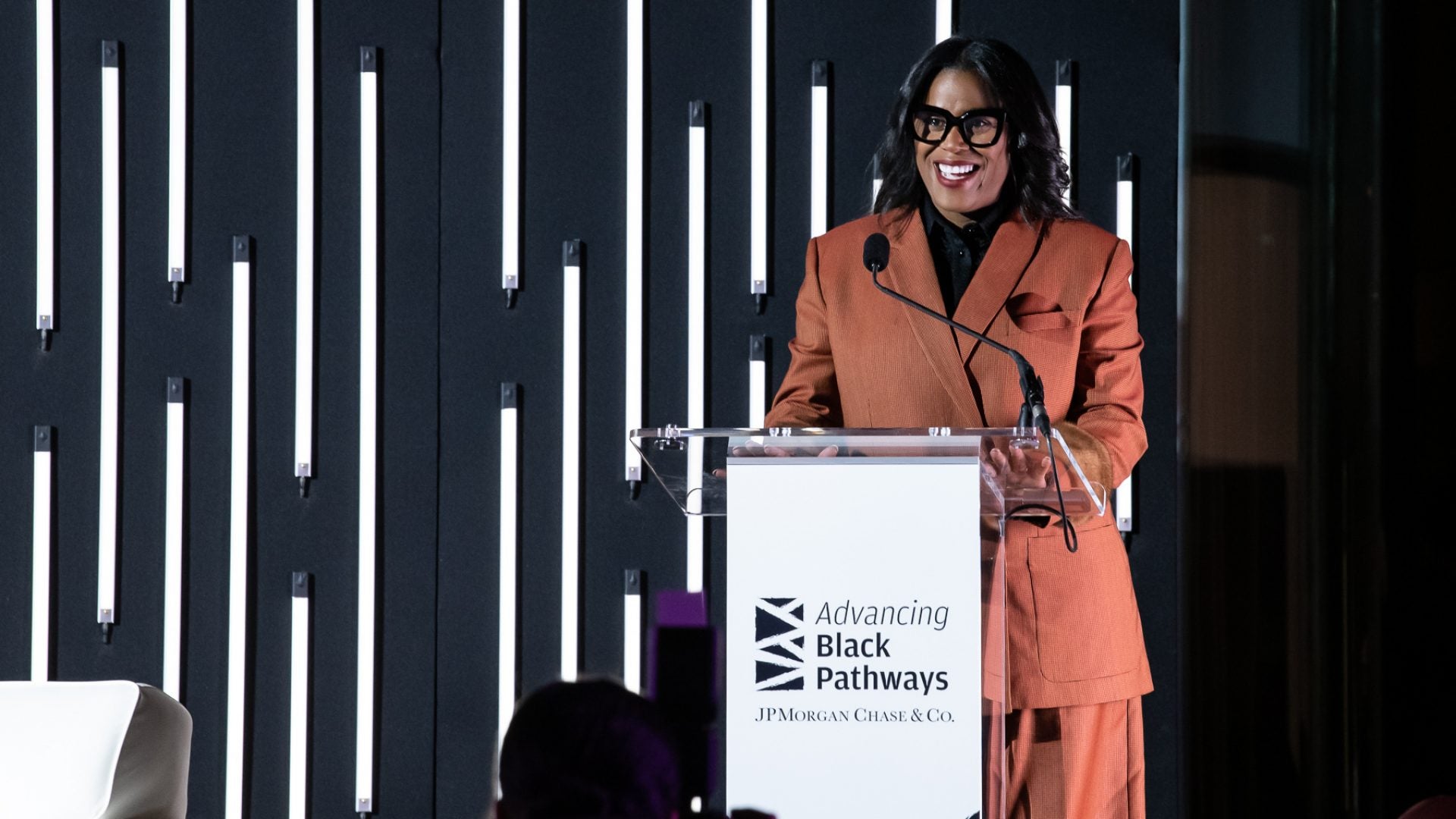
Let’s talk about personal finance. To kick it off, I’ll borrow some advice from the two-year-old Advancing Black Pathways program. It identifies three pathways that can accelerate economic empowerment and opportunity for the Black community: Education, Career and Wealth.
Of course, these three are intertwined, so we must consider them simultaneously. If you can solve the problem—and it is a problem—about the lack of Black wealth, you can move the needle on a lot of issues. That’s true not just in the Black community, but in America as a whole. And it’s true for ourselves, our brothers and sisters, and all our children.
First, Education. For what seems like our whole lives, many of our parents, grandparents and even great-grandparents have talked about the importance of education. Often, they want us to get more schooling than they had because parents always want more for their kids. They envision you walking across the stage in a cap and gown to accept your degree from a four-year college, which is great, but it isn’t always financially, educationally or academically possible. That’s why I urge many people to look more broadly: to local community groups that can help with everything from basic skills like how to write a resume and interview for a job to internships, apprenticeships and community colleges.
Sometimes, it’s a program like INROADS or the Financial Services Institute, which is geared for high school students and combines education, opportunities and mentorship. I can personally attest to how INROADS helped me. In Houston–where I was lucky enough to go to college–a community group called BakerRipley links together employers, training providers and hardworking people. It effectively fills middle-skill gaps already identified in high-demand occupations such as industrial machinery mechanics, petroleum technicians, electricians, healthcare and pipefitters. And in Baltimore, school districts, community colleges and local employers are developing a pipeline of tech talent that is ready for the job market. That includes creating a tech-focused curriculum that will incorporate hands-on work for students, so they can earn the digital credentials they’ll need to enter the job market graduation.
Second, Careers. In any job, do great work first and foremost—that can open the door to more contacts, more opportunities and more people who can testify to the quality of your work and your character. Another thing we need to do is pay attention. Things are constantly changing and that can lead to benefits for us. For example, over the last few years, more companies are hiring people with criminal records, giving far more people a second chance. That’s important for those individuals, as well as the country—nearly one-third of Americans have a criminal record.
When you’re considering making a move, check out a company’s website and check out social media. Watch what the company is saying and what people are saying about the company. Be especially mindful of diversity and inclusion, and see if they offer specific programs that might fit you well.
Then, there’s Wealth. Personal finance looks like a lot of different things. It can be building a rainy-day fund and shopping for sale items at the grocery store, but Advancing Black Pathways cites three crucial ways to build wealth:
- Running a small business. You are your own boss, which means you take the risks as an owner, but you also get the benefits. So, having the right resources improves your chances of success.
- Investing for the future. This sounds daunting to many of us at first, so start with the basics, like learning about stocks generally and about market volatility.
- Buying a home. This can be a leap for many families, especially where homeownership is the exception, not the norm, but learning the basic information about mortgages can help you get started on that journey.
Education, Career and Wealth are intertwined. When you get all three moving in the right direction, the momentum can be amazing.




